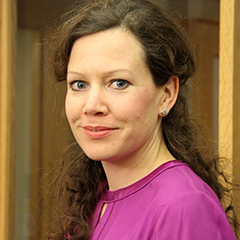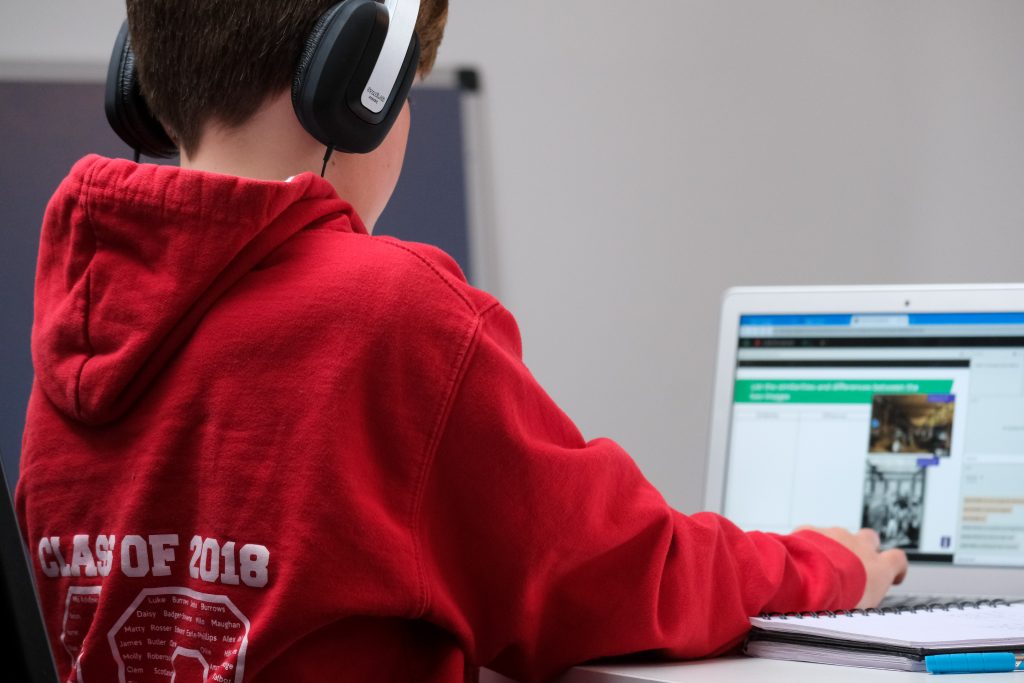Building an Evidence Network for Community Health Worker Training
The Project
The use of mobile technologies has become a key means of training Community Healthcare Workers (CHWs) in LMICs.
This project has focused on supporting this training in the under developed areas of disability and mental health by establishing an evidence network of key stakeholders in CHW training and programme and policy design. Underpinning this has been an international, interdisciplinary collaborative research project that has produced an interactive evidence map to support decision-makers at practical and policy levels to use evidence on CHW training effectively.
The project is focused on all Lower and Middle Income Countries, but has developed specific, on the ground partnerships with South Africa, Kenya, India and Uganda.
External project team members include Laurenz Langer (University of Johannesburg); Chris Patton (Nuffield Department of Medicine, Oxford University); Shobhana Nagraj (Nuffield Department of Women’s Reproductive Health, Oxford University).
Research Team
More Projects
-
Mapping participatory co-design in digital education: A systematic scoping of practices and principlesNovember 2025 - November 2026This study investigates participatory ‘co-design’ practices for digital education in the UK.
-
Edtech usage index: Tracking digital education trends in the UKApril 2021 - May 2023This project developes a UK EdTech usage index and analyses shifting trends in edtech usage.
-
Technological promises and policy visions: AI discourses in education policy documentsMay 2023 - April 2025This project examines how AI is framed in education policy documents, focusing on the narratives, assumptions, and interests shaping policy discourse.
-
Digitalisation of education in Japan – an investigation of the GIGA school projectMay 2024The project investigates the motivations behind Japan’s education digitalisation, focusing on the GIGA School initiative and perspectives of policymakers, educators, and industry leaders.
-
Teaching for Digital Citizenship: Digital ethics in the classroom and beyondJanuary 2023 - December 2025This project responds to the challenges and opportunities young people face in a fast-paced digitally connected world, investigating the ways that digital citizenship is enacted in secondary schools across the UK.
-
Co-designing AI for EducationJanuary 2025 - October 2025This project will develop collaborative design (co-design) methodologies that can support the elicitation of student voice in response to the increasing use of artificial intelligence (AI) in higher education.
Project Details
Research Team
More Projects
-
Mapping participatory co-design in digital education: A systematic scoping of practices and principlesNovember 2025 - November 2026This study investigates participatory ‘co-design’ practices for digital education in the UK.
-
Edtech usage index: Tracking digital education trends in the UKApril 2021 - May 2023This project developes a UK EdTech usage index and analyses shifting trends in edtech usage.
-
Technological promises and policy visions: AI discourses in education policy documentsMay 2023 - April 2025This project examines how AI is framed in education policy documents, focusing on the narratives, assumptions, and interests shaping policy discourse.
-
Digitalisation of education in Japan – an investigation of the GIGA school projectMay 2024The project investigates the motivations behind Japan’s education digitalisation, focusing on the GIGA School initiative and perspectives of policymakers, educators, and industry leaders.
-
Teaching for Digital Citizenship: Digital ethics in the classroom and beyondJanuary 2023 - December 2025This project responds to the challenges and opportunities young people face in a fast-paced digitally connected world, investigating the ways that digital citizenship is enacted in secondary schools across the UK.
-
Co-designing AI for EducationJanuary 2025 - October 2025This project will develop collaborative design (co-design) methodologies that can support the elicitation of student voice in response to the increasing use of artificial intelligence (AI) in higher education.










